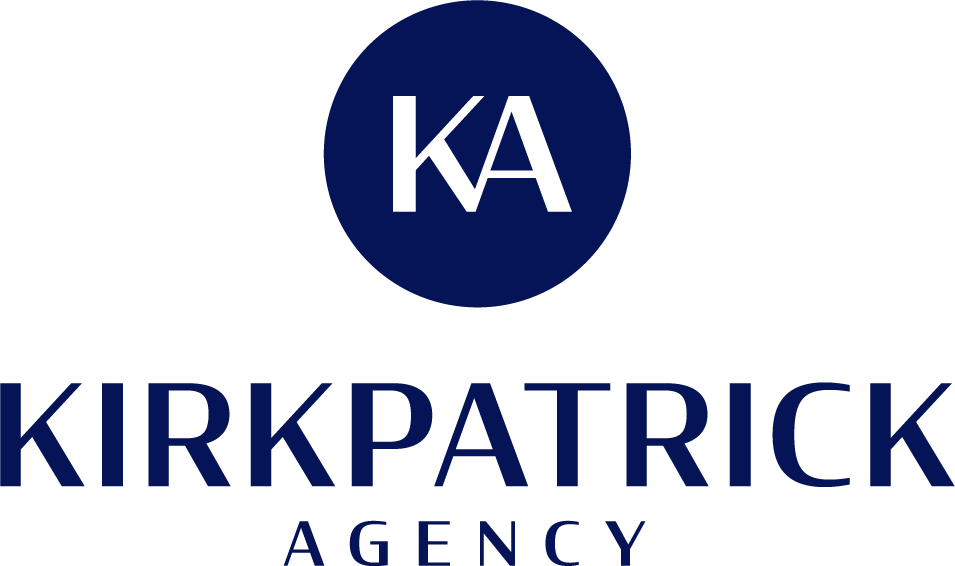Unraveling the Tapestry of Artificial Intelligence: A Glimpse into the Good, the Great, the Bad, and the Ugly
Today’s post is from former corporate leader at General Mills, Entrepreneur of the Year and one of our incredible speakers, Sara Frasca.
Artificial Intelligence (AI) has seamlessly integrated into our daily lives, bringing forth a wave of innovations that promise to reshape industries, revolutionize education, and propel us into a future filled with both marvels and cautionary tales. In this blog post, I'll give thoughts on the multifaceted impact of AI, exploring the positive strides, groundbreaking advancements, challenges, and the ethical considerations that accompany its swift evolution.
THE GOOD: TRANSFORMATIVE INNOVATIONS ACROSS INDUSTRIES
Personally, I find AI can be an amazing tool for taking over the minute, rote, tedious tasks. Having AI handle smaller items, allows you to use this freed up time to look around, read articles, listen to podcasts, and to creatively problem solve!
For small business owners, AI can aide in getting out of “Survival Mode” as quickly as possible, which is necessary for success. Leveraging AI for creative assets, photos, marketing materials, as well as for writing prompts and answering questions can be a great STARTING POINT. I emphasize starting point - while AI is improving every day, it still needs to be reviewed, retouched, and often re-crafted to be your message/tone/character.
Our team at Point NorthEast has been utilizing Personal AI for documenting knowledge, experience and to create a legacy that we can rely on in the future.
Additionally, AI's influence stretches across various sectors, delivering transformative solutions that enhance efficiency, accuracy, and productivity. In healthcare, AI algorithms analyze medical data, facilitating early disease detection and personalized treatment plans. The manufacturing sector benefits from AI-powered automation, reducing costs and accelerating production. Furthermore, AI-driven innovations in finance optimize risk assessment, fraud detection, and portfolio management.
Education stands as another beneficiary of AI's positive impact. Intelligent tutoring systems personalize learning experiences, adapting to individual student needs and creating more effective educational environments. AI-powered tools also streamline administrative tasks, allowing educators to focus on teaching and fostering better student engagement.
THE GREAT: ADVANCEMENTS IN RESEARCH AND DEVELOPMENT
I have leveraged AI to answer questions and research solutions for my family, in the same manner that I use it for business. As a mom of five kids, I have used AI when asked by my high schooler to help them with their 10th grade math homework. A quick AI search and I'm back to remembering the quadratic formula and how to use it (while impressing my kid! :)
The true potential of AI lies in its ability to push the boundaries of research and development. AI algorithms play a pivotal role in expediting scientific discoveries, from drug development to climate modeling. In astronomy, AI assists in analyzing vast datasets, leading to the identification of patterns and phenomena that would otherwise go unnoticed.
Moreover, AI contributes to the development of cutting-edge technologies like self-driving cars, advanced robotics, and natural language processing. These breakthroughs hold the promise of creating a future where human capabilities are augmented, leading to safer, more efficient, and intelligent systems.
THE BAD: CHALLENGES AND ETHICAL DILEMMAS
Despite its promising aspects, AI presents challenges and ethical concerns that demand careful consideration. Job displacement due to automation is a major issue, particularly in industries reliant on manual labor. As AI systems become more proficient, certain jobs may be at risk, necessitating a proactive approach to reskilling the workforce.
Ethical considerations surrounding bias in AI algorithms also pose significant challenges. If not carefully addressed, AI systems can perpetuate and even exacerbate existing societal inequalities. Developers and policymakers must work collaboratively to ensure fairness and transparency in AI decision-making processes.
I also find that people often try to rely too heavily on AI. We are all wise to remember, it is a tool and not a perfect solution.
THE UGLY: POTENTIAL MISUSE AND SECURITY THREATS
The darker side of AI involves the potential for misuse and security threats. Deepfake technology, powered by AI, raises concerns about the manipulation of audio and video content for malicious purposes, such as misinformation campaigns. Autonomous weapons systems guided by AI algorithms pose ethical dilemmas related to the potential for uncontrolled use in warfare.
Ensuring the responsible development and deployment of AI requires robust regulations and international cooperation. Striking a balance between innovation and security is crucial to preventing the ugly consequences of AI misapplication.
MY perspective
The biggest misconception about AI, in my opinion, is that we will not have a place for thinking in the future. WRONG. I believe we will need more thinking!
I also believe we will need to rely even more heavily on the power of human compassion. Here's an example: I lost my mom to a glioblastoma multiform brain cancer. It's a deadly form of brain cancer - that has a 1% survival rate. Right now, the scientists researching causes, genetics, etc are finding AI to be a great solution to process large amounts of data and make connections of those that have it from all over the world, different backgrounds, and conditions. I am resolute with my optimism that we will have the solution in the future for brain cancer, ALS, and other terrible illnesses. But, AI will not replace the decisions on communication, changes we need to make once we know what causes these illnesses...and it will never replace the type of compassion and care that humans - and only humans - serve.
*This post originally appeared on Sara Frasca’s Blog and her personalized edits have been incorporated.
